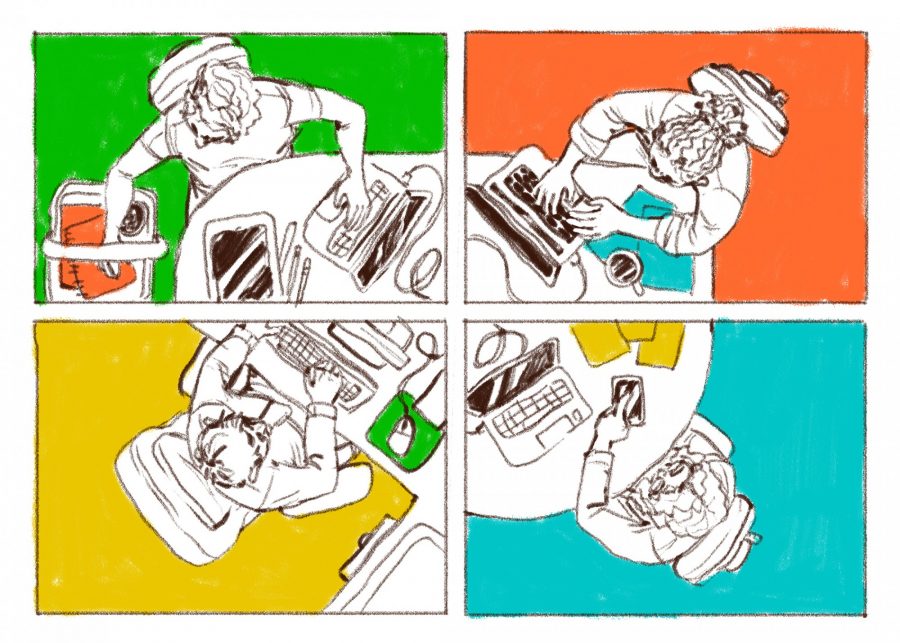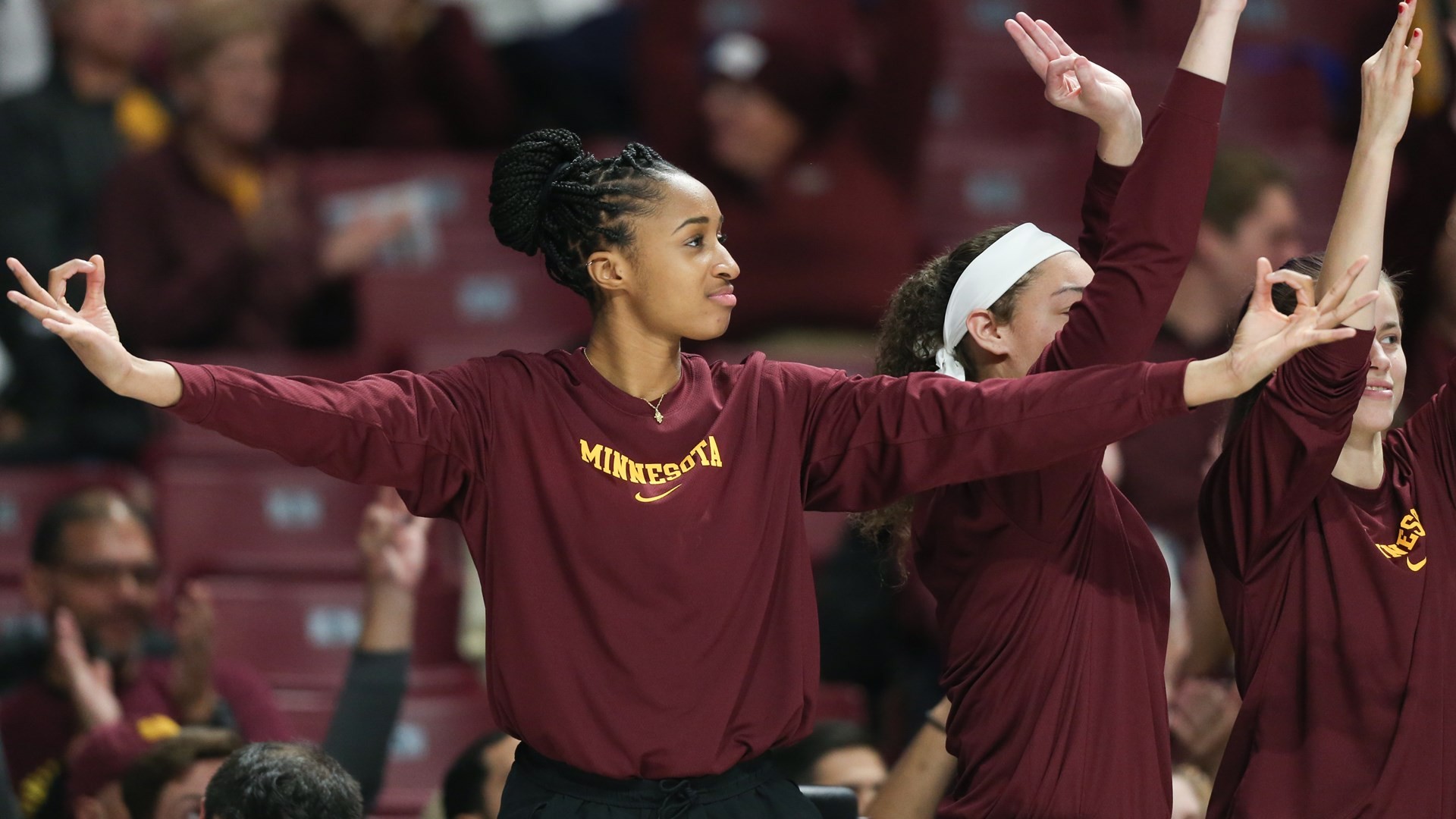Starting next fall at the University of Minnesota, a new three-year project will host virtual workshops, reading groups and speaker events focusing on the experiences of people with disabilities using a critical lens.
The project, titled “Refusing Disposability: Racial and Disability Justice Toward Another World,” is hosted by the University’s Critical Disability Studies Collective (CDSC) and will cover topics like intersectionality and amplified vulnerability during the pandemic. The overarching theme of the CDSC’s project focuses on the campaign and hashtag that started when the pandemic hit, #NoBodyIsDisposable, to resist triage discrimination.
As hospitals and medical professionals reached capacity during the pandemic, triage protocols applied a hierarchy system to prioritize providing treatment for certain patients over others. The campaign, #NoBodyIsDisposable, advocates for the resistance of triage discrimination, which many argue disproportionately denies treatment and minimizes the lives of people with disabilities, elders and more.
“Before COVID-19, marginalized communities have had reason to fear bias in medical settings. We are terrified of being killed by the people who are supposed to care for us. Let’s protect each other and fight for the resources and policies we need to get through this emergency together,” read the #NoBodyIsDisposable campaign’s open letter to medical professionals around the country.
A project lead and University professor, Dr. Jennifer Row, said that part of the CDSC project would examine the system of triage protocols to understand how and why medical professionals treat certain lives as more valuable than others.
Three University graduate students formed the CDSC in 2015 to create an academic community to study disability at the University. Ultimately, the current goal of the CDSC is to establish a department with a major or minor in critical disability studies.
“We are trying to engage folks in the study and understanding of disability as a sort of cultural site, so by that we mean not a medical problem or a medical issue that disabled folks need to fix,” said Dr. Angela Carter, CDSC co-founder and co-chair. “But instead … thinking and understanding disability more from the humanities and social science perspective.”
The CDSC’s project will also include workshops to support University instructors who want to develop new courses to advance students’ learning, grow academic scholarship and expand research on critical disability studies.
“The University of Minnesota is really behind its Big Ten peers,” Row said. “[Critical disability studies] really is a prominent field that is being celebrated, explored and researched across the country and the U is direly behind because we have nothing. We do not even have an undergraduate minor.”
Another core component of the CDSC’s project is to create an online public access curriculum for instructors outside the University to learn about critical disability studies, integrate it into their courses and share knowledge.
“The creation of a public access curriculum breaking down that boundary between the larger world and the ivory tower, creating that as a bridge and making sure that knowledge is facilitated in such a way that it is useful, usable and applicable by the public,” said Dr. Jessica Horvath Williams, CDSC co-chair and project lead.
Row said the CDSC plans to make a website for a public access curriculum that may include webinars, shared syllabi, and activities that can be adaptive for K-12 educators to teach their students.
CDSC members plan for the first two years of the project to be virtual and the last year to be in-person. The CDSC will invite activists, scholars, authors and artists to speak at events on various topics related to critical disability studies.
“We are trying to institutionalize critical disability studies as a program, but our work has really been inspired by, or ignited by, a lot of the difficulties and issues that were set off by both a lot of the COVID-19 inequities but also the racial violence that we have been seeing,” Row said.

















